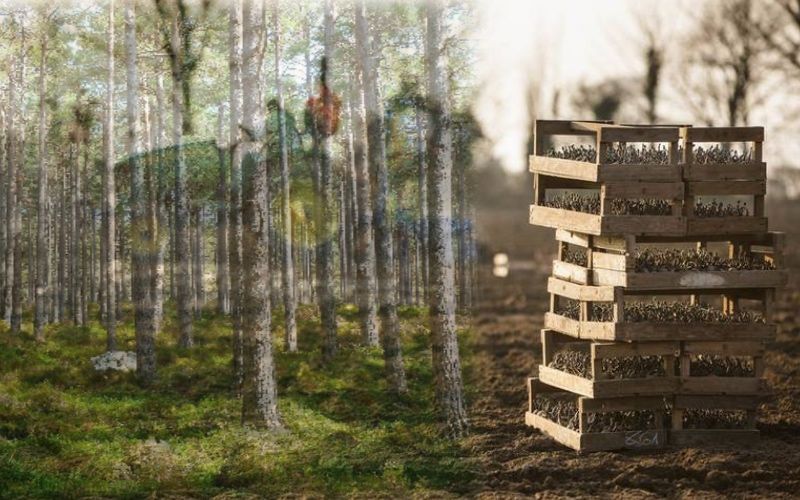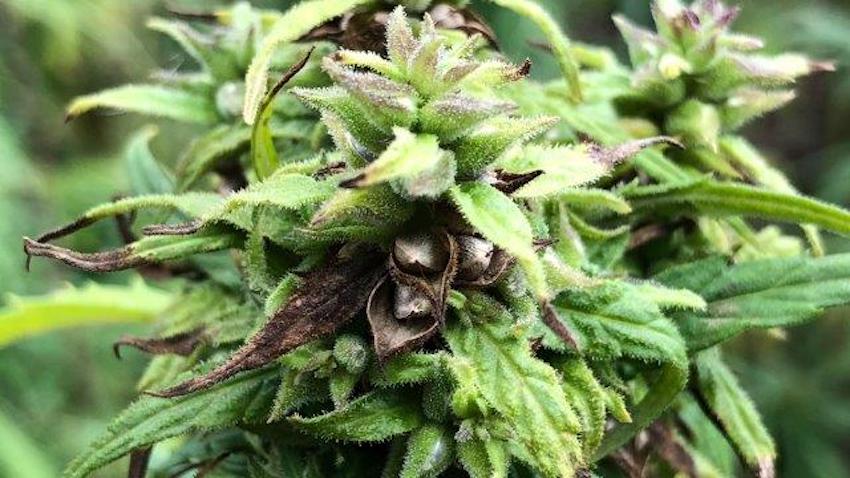


Planting woodland for harvesting could help Jersey meet its carbon neutrality commitments, according to a new report.
Commissioned by the Government, the recently published report explores the issue of ‘carbon sequestration’ - the act of capturing CO2 from the atmosphere, storing it, and preventing it from being re-released - and how Jersey might be able to lock up carbon, rather than burning it and releasing climate-warming greenhouse gasses.
Written by Aether, a consultancy that specialises in climate change and emissions data, the report concedes that, due to Jersey’s limited size, the impact of any new woodland would be “relatively small”, and “issues beyond carbon sequestration would need to be considered before going ahead with a programme of extensive afforestation”.
Those issues include the existing demands of the agricultural and dairy industries, and the difficulty of potentially replacing the Island’s dominant annual crop, the Jersey Royal, with more perennial crops, which store more carbon for longer.
The report adds that the potential of hemp plantations and harvested products for carbon sequestration is still uncertain, and requires more Jersey-specific research.

Pictured: The report says that the impact of hemp production on carbon storage needs further study.
Commenting on the report, Louise Magris, the Government’s Director of Environmental Policy, said: “This report was commissioned to give the Government a better understanding of the role carbon sequestration could potentially play in Jersey. This is the first step in gathering evidence on carbon capture, with the report recommending multiple areas for future research.
“Any increase in forestland or diversification of crops to maximise the potential of capturing carbon from the atmosphere would need to be carefully considered. To this end, the topic of soil carbon sequestration will feature in our upcoming Citizens’ Assembly and wider engagement programme on Jersey’s journey to carbon neutrality.
“Recommendations from this people-powered approach will inform the development of the Long Term Climate Action Plan, the draft of which will be open to public consultation in Autumn 2021. Both the Assembly and the Action Plan are included in the island’s Carbon Neutral Strategy.
“Conversations and further research around the potential for soil carbon sequestration in Jersey will need to continue, and just like this latest report, will act to inform elected decision makers in defining the path Jersey takes towards carbon neutrality.”
Jersey is committed to achieve carbon neutrality by 2030 following its declaration of a ’climate change emergency‘ last year.
In August, a report by consultants Oxera said that the cost to the Government of Jersey becoming carbon neutral within ten years could be as little as £60m if islanders were willing to take the initiative.
Comments
Comments on this story express the views of the commentator only, not Bailiwick Publishing. We are unable to guarantee the accuracy of any of those comments.